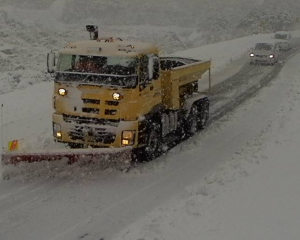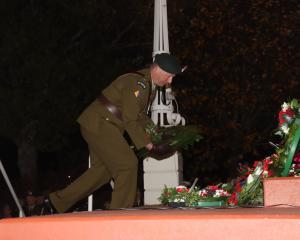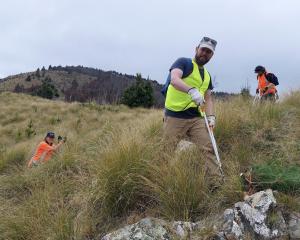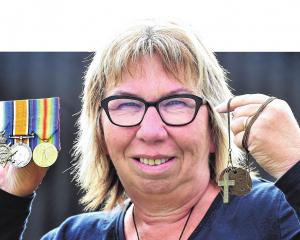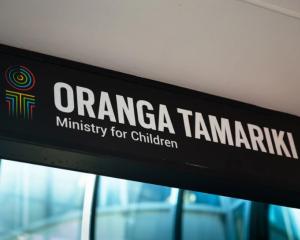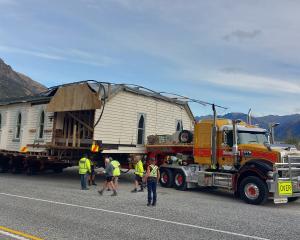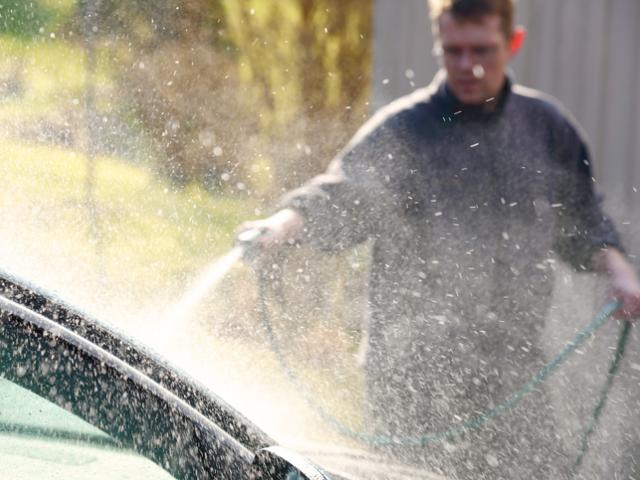
The Gore District Council advises that the ban - on all unattended hoses, sprinklers, garden irrigation systems and handheld hoses - is effective immediately.
The ban also applies to car washing by handheld hose.
It comes as dry conditions in the South have led to water restrictions in many areas.
Earlier today, the Clutha District Council advised on its Facebook page that the Tapanui reservoirs were critically low, and all consumers were asked to abide by the Stage 3 water restrictions.
The restrictions meant a ban on using watering systems including hoses except between 8pm-8am for one day a week. If this was not followed, the township ran the risk of running out of drinking water.
In Gore, 3 Waters Asset Manager Matt Bayliss said the failure meant the council could only pump about 40 percent of the town's current daily water requirements from Cooper’s Wells.
The continued hot weather has pushed the town’s daily water consumption to 4500 cubic metres.
“We have enough water stored in the tanks for two days.
“However, at this stage it looks as though it will take two days to fix the pump so we need to people to conserve water immediately.”
The ban applies only to the Gore water supply.
The Council has turned off its sprinkler systems for the town's reserves and public gardens until the issue has been resolved, while 3 Waters staff were out today talking with business owners, urging them to save water wherever possible.
Mr Bayliss said the ban should be for only a couple of days. There will be an update at 4pm tomorrow on the Council’s website, Facebook page and local radio.
The lower reservoir levels mean some residents may experience discoloured water. If this happens, residents should run their taps until the water becomes clear. If the issue does not go away after 15-20 minutes, call the Council.
Mr Bayliss asked people to pass on this important message to friends and neighbours, and advise the Council if they see people using watering systems.
Environment Southland director of science and information Graham Sevicke-Jones said Southland hadn’t experienced a dry period like this since 1990.
“It’s been an unusually dry year to date, with approximately 81% of the usual rainfall for the region.
“Our monitoring shows that the water levels in our underground aquifers are very low, which means that the already low river levels could drop quickly, if the dry period continues as forecasted. This is a concerning situation.”
With one month left in the year, Southland may experience its lowest yearly rainfall since Environment Southland’s monitoring began in the mid-1970s.
According to NIWA’s long-term forecast, Southland is expected to experience lower than usual rainfall during the summer.

